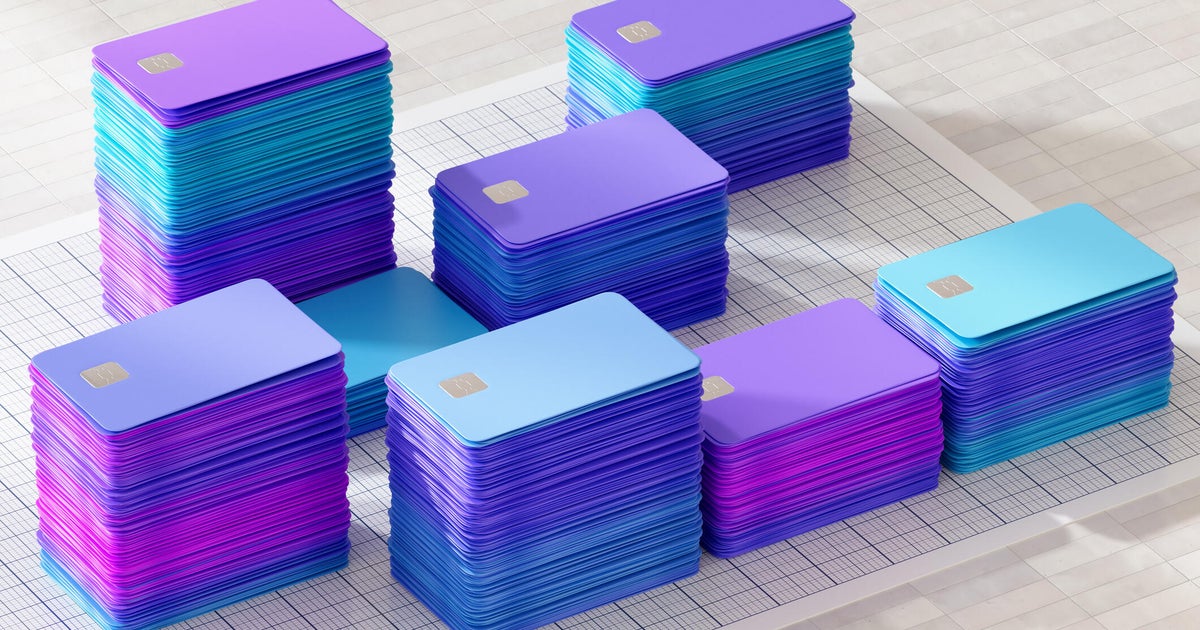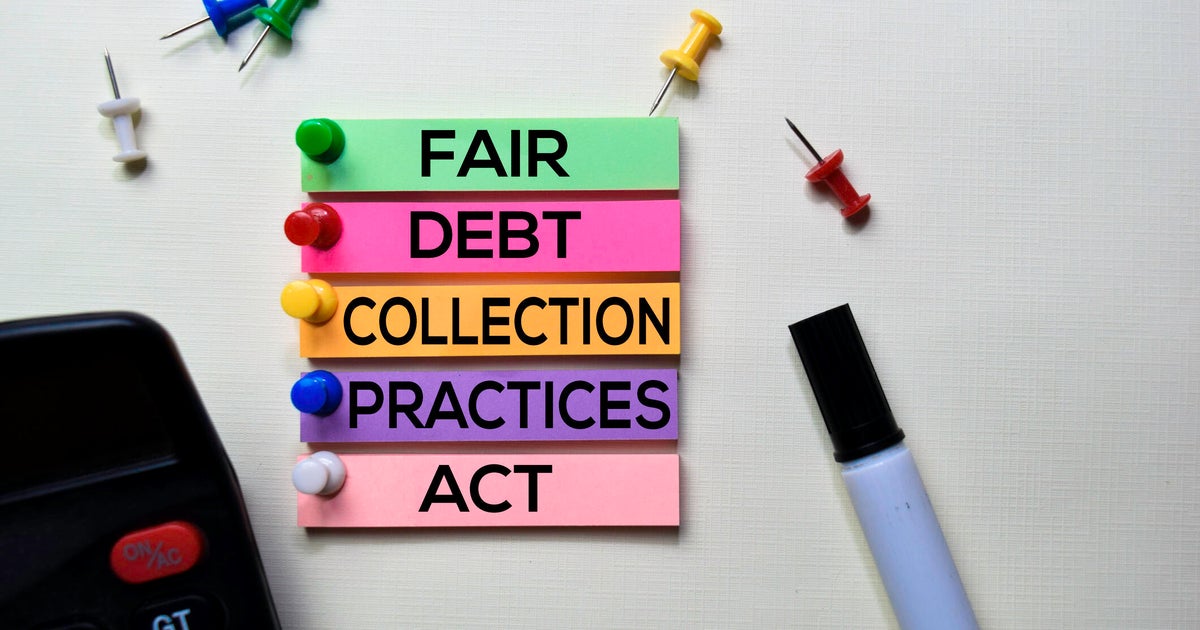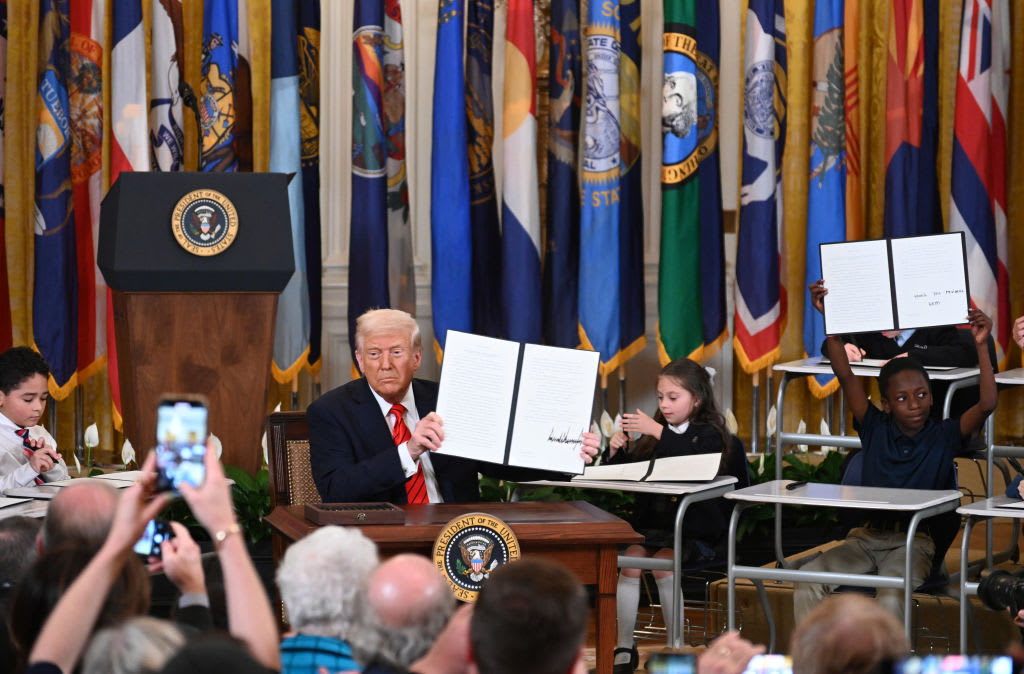After scrutiny, U.S. again forgiving student debt for disabled veterans
The U.S. Department of Education said Friday it has resumed forgiving federal student loan debt for tens of thousands of severely disabled veterans after suspending the relief for a month.
Although President Donald Trump signed a memorandum authorizing the initiative this summer, the agency in October halted the loan discharges for more than 20,000 veterans who are permanently disabled. The reason for the suspension: bureaucracy.
A Department of Education spokeswoman said the agency was waiting for clearance from the White House Office of Management and Budget to carry on with the loan forgiveness. OMB gave the green light on Friday morning, "so we're processing claims again," the spokeswoman said by email.
"It's cleared here, it's good to go now," an OMB spokesperson said separately in confirming it had given the go-ahead.
Clearance from the agencies came shortly after Politico reported on the holdup on Thursday, noting the process had been put on ice at the DOE even as White House officials continued to laud the debt-relief effort.
"With the stroke of a pen, the president wiped out $750 million owed by more than 25,000 heroes," Vice President Mike Pence said last week in a Veterans Day speech at Arlington National Cemetery.
Since Mr. Trump signed the directive, the DOE has discharged student loans for about 3,300 veterans, while roughly 24,000 eligible vets have yet to see their debt erased, according to Politico.
The report prompted one House member, California Democrat Mark Takano, to accuse the administration in a tweet of "dragging its feet and failing to forgive the student loans of disabled veterans."
Mr. Trump's August memorandum directed the DOE to make it easier for veterans to get the debt relief that they and other severely disabled student loan borrowers have long been entitled to under federal law. But it has proved problematic in large part because of the substantial amount of paperwork required to participate — an obstacle for those with severe disabilities.
Mike Saunders, the legal director at Veterans Education Success, said he had been surprised to learn about the Education Department freeze, saying the advocacy group had been "under the impression that they were automatically forgiving loans since the middle of September."
About a year ago, Saunders' group learned through a Freedom of Information Act request that more than 20,000 of 42,000 veterans eligible for debt forgiveness were in default of their loans. "When we saw those numbers, something jumped off the page," he said.
The advocacy group is now questioning what could be done in cases where veterans' tax returns or disability checks were garnished as a result of defaulting on loans eligible for discharge. Being in default on student loans also translates into poor credit ratings that can hike the costs of borrowing for things like cars or homes.
"It's another hill to climb," said Saunders, who added that the group would request that the government reimburse vets for anything lost due to defaults on debt that should have already been eliminated.



